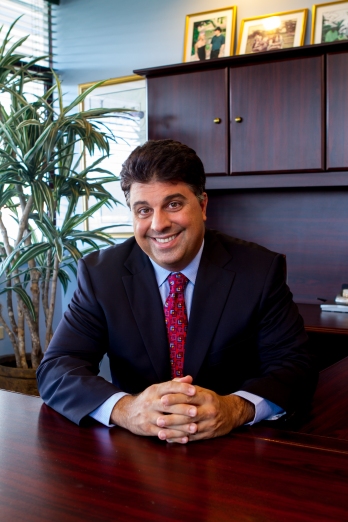Joe Issa, a former Student of the London School of Economics and Political Science (LSE), where he founded his first charity to assist underprivileged Jamaican children, has said in an interview, that stable, low inflation best suit small island states like Jamaica with less resilience to economic shocks, stating it is the preferred choice for raising output and productivity.

Joey Issa
“You don’t want to go back to the period in our history when inflation was very high and consumers were getting much less for their money, year over year, especially in the absence of a rigid prices and incomes policy that fully maintains purchasing power as inflation rises,” says Issa who, while studying at LSE, famously established the “Educate the Children Fund”, which raised £3,000 to buy books for underprivileged Jamaican children.
Noting that the high 26-per cent inflation recorded by Jamaica in 2008, may be considered to be moderate, especially for countries coming from three-digit inflation figures, Issa says “double digit inflation it too high for us.”
“The ideal for us is low inflation; and when bench marked with the wider world it translates to single digit inflation, which we have been posting in recent times. I am pleased it has been hitting lower lows more recently,” says Issa in the interview.
He was commenting on a Jamaica Observer article which reported that inflation had reached a low of 1.7 per cent at the end of December last year, and that it was the lowest in more than 45 years.
It also said that “the inflation rate in Jamaica has averaged 9.79 per cent from 2002 until 2016, reaching an all-time high of 26.49 per cent in August 2008 and a record low of 1.60 per cent in November 2016.”
In commending the progress of the government in keeping inflation on a downward trajectory, Issa says more Jamaicans will fare better, particularly since most of the weighting in the consumer price index is given to food and drinks on which low income earners tend to spend most of their income.
Acknowledging that different levels of inflations have different effects, Issa cites three scenarios for any country; Jamaica included.
“At very high levels, inflation is bad for us as the majority of the population come under pressure to buy the goods and services they were once able to acquire; at the same time, businesses cut output and send workers home.
“However, at low and stable levels of inflation the opposite occurs. Producers tend to increase their workforce so that they can increase production, which could lead to better wages for workers,” Issa says.
He adds, “Inflation rate below zero, or deflation as it is called, is also not good for any economy as it keeps prices low, which can reduce job opportunities and put more load on consumers.
“But, with low and stable inflation, as we have now, we can expect production and productivity to rise and create job opportunities.”

